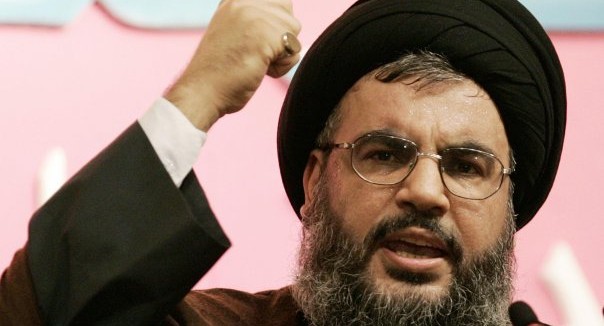The Gulf states are showing a united front against attempts by Iran and its Lebanese proxy Hezbollah to penetrate their territories. The Arab countries reacted after the latest inflammatory statement by Hezbollah secretary-general Hassan Nasrallah, who accused Bahraini authorities of limiting the rights of its Shiite minority.
In a televised speech Friday, Nasrallah denounced Bahrain’s Dec. 28 arrest of Sheikh Ali Salman, head of the al-Wefaq Islamic Society, the country’s main political opposition group. Salman was charged with inciting a change of government by force, inciting hatred, inciting others to break the law, and publicly insulting the Interior Ministry.
The Hezbollah chief also likened the situation in Bahrain to that in the Palestinian territories, saying that the country’s native populations are being marginalized by an influx of foreigners into the country. Nasrallah accused the authorities of naturalizing Sunnis from across the region in order to change the country’s majority-Shiite demographic. Bahrainian Sunnis form the bulk of the opposition there.
Bahrain responded by calling the remarks intolerable, saying they constituted an incitement to violence and terrorism, the Bahrain News Agency (Arabic link) reported. The tiny kingdom condemned the “hostile statements made by terrorist organization Hezbollah’s secretary-general” and called for legal measures against him.
Bahrain Interior Ministry Shaikh Rashid Bin Abdullah Al Khalifa also blamed Iran, saying that Tehran should focus on the welfare of its own people instead of interfering in the domestic affairs of its neighbors:
“Iran does not care more about Bahrainis than his majesty the king and the Bahrain government. It is better for Iran to care about its citizens as we are, by the grace of God, leading normal lives here, while Iran should respect neighbouring countries rather than interfering in their affairs.”
Other Gulf states expressed support for Bahrain, with the Gulf Cooperation Council calling the Nasrallah remarks “inflammatory” and an “explicit incitement to violence seeking a sectarian rift and sowing seeds of division among people of the Kingdom.” GCC Secretary-General Abdullatif Al-Zayani said:
“In his last statement, Nasrallah exceeded interference in the domestic affairs of the Kingdom of Bahrain to a desperate attempt to destabilize social peace of the Kingdom as well as threatening its security and stability, which will never take place.”
Arab commentators told the Al-Arab newspaper (Arabic link) that Nasrallah’s remarks represent the efforts of Hezbollah and Iran to force themselves not only on Bahrain, but impose a hegemony on the whole gulf. The United Arab Emirates and Qatar both recently arrested several Hezbollah activists. Hezbollah also helps Shiite rebels in Yemen and supports the Shiite minority in Saudi Arabia.
[Photo: hAwrA حـوراء / Flickr]




